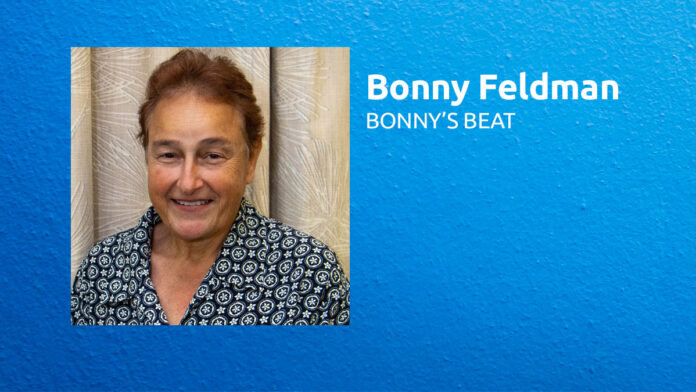Reading the plaque on a wall of the Samson Centre about the work of the late Erwin Spiro (which relates to the article on reparations you can read on page 18), my thoughts turned to the way in which the world treats refugees. Let’s be honest: for most people, the stereotype of a refugee is the friendly car guard who asks you for R5 for having guarded your car. But we don’t usually consider that individual as someone who could play a valuable role in society, someone we could regard as our equal.
But when considering the life of someone like Erwin Spiro — a refugee who fled Nazi Germany in 1936 after having lost his position as a judge in the German legal system, simply because he was Jewish — we realise how much a society may benefit from the contribution that these people can make. After all, Spiro became a leading figure in the legal fraternity in South Africa, despite having arrived in this country as a refugee. Recognising his contribution, the University of Cape Town awarded him a Doctor of Laws honoris causa. That’s surely a far cry from the refugee who promises to look after your car!
Another example is George Weidenfeld, an Austrian Jewish refugee who settled in the UK in the 1930s. If his surname sounds familiar, it’s because he was the founder and main partner of the internationally recognised publisher, Weidenfeld & Nicolson. In recognition of his contribution to Britain, he was knighted by the Queen.
To move beyond the current approach to refugees — those people that the British government wants to get rid of by resettling them in Rwanda! — I think that we have to cease viewing these people as one huge demographic category. We have to get to know people in their individual capacities to be able to identify their potential, their existing skills and experience, and work out how to use these elements for the benefit of our world.
I have one example of this. I once employed two people to cut trees at my home, and it turned out that they were both refugees from Zimbabwe. Chatting to them, I discovered that one of them was a qualified and experienced Maths teacher but he could not take up a position at a school here because of the paperwork needed. So, here was someone whose skills are sorely needed in our school system but our officials did nothing to make that happen. A shame for us — and an even greater shame for him!
A great deal of the content in this month’s issue relates to the events held during May: Yom Hashoah, Yom Hazikaron and Yom Ha’atzmaut. And, of course, the National Elections held at the end of the month.
Looking ahead, we also have a focus on Youth Day. Hear from the young people in our community by reading pages 6 (We will never forget!), 7 (What are young Jewish leaders thinking?) and 31 (Local youngster achieves at the highest levels internationally).
Please always remember to share information with us about things happening in our community. (You can email us here.) We need your help in identifying the news to share with members of the community.
• Read the June 2024 issue – Click here to start reading.
• To advertise in the Cape Jewish Chronicle and on this website – kindly contact Lynette Roodt on 021 464 6736 or email advertising@ctjc.co.za. For more information and advertising rate card click here.
• Sign up for our newsletter and never miss another issue.
• Please support the Cape Jewish Chronicle with a voluntary Subscription for 2024. For payment info click here.
• Visit our Portal to the Jewish Community to see a list of all the Jewish organisations in Cape Town with links to their websites.
Follow the Cape Jewish Chronicle: Facebook | Instagram | LinkedIn











